
Period Poverty: A Deep Dive Into The Lack Of Access To Menstrual Hygiene Products In The USA
Feminine products are a $2 billion industry in the United States. However, it is becoming increasingly apparent that menstrual health care is often utterly inaccessible for those living in poverty.
The Census Bureau found that by 2018 38.15 million Americans lived below the poverty line. In 2019, it was reported that about 33.98 million people were living below the poverty line in the United States.
So while the percentage of those living under the poverty line may be reducing, it is clear that far too many people still struggle to make ends meet. Thus many are forced to make sacrifices to get through each month.
Monthly Expenses & Budgets
The average woman spends 2,535 days menstruating throughout her lifetime. Therefore it should be expected that most women should include menstrual hygiene products in their monthly budget.
However, research shows that more than one in five women in the US cannot afford them. While vital to feminine health and hygiene, these items are often deemed inessential or forgotten in favor of food and water.
Period Poverty
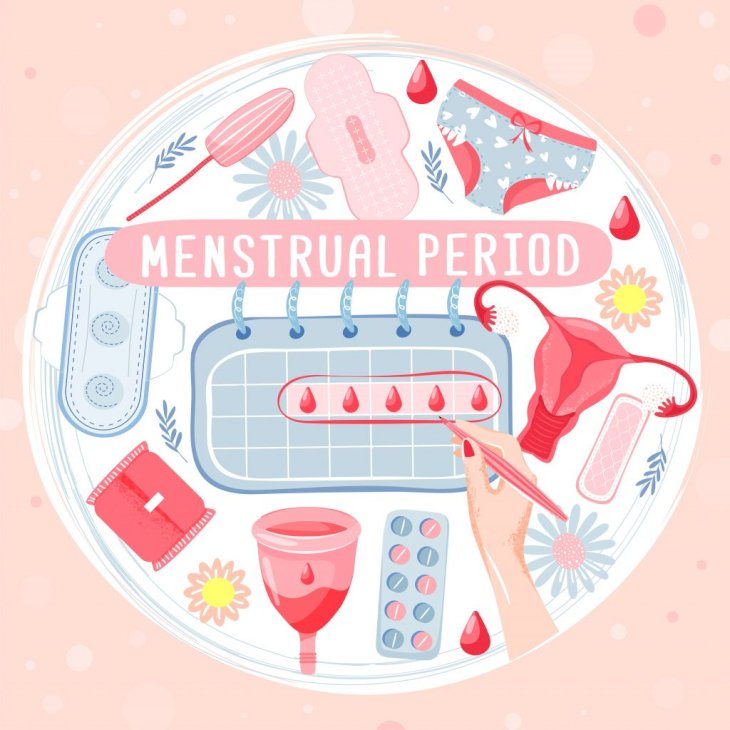
Shutterstock
According to statistics, American women are 38% more likely to live in poverty than men. Thus, if they choose between buying tampons and feeding their children, menstrual hygiene takes the back seat.
To compensate, many women opt to use cloths, rags, tissues, toilet paper, and even diapers or paper towels. This often has detrimental effects on their health and also poses social and psychological repercussions.
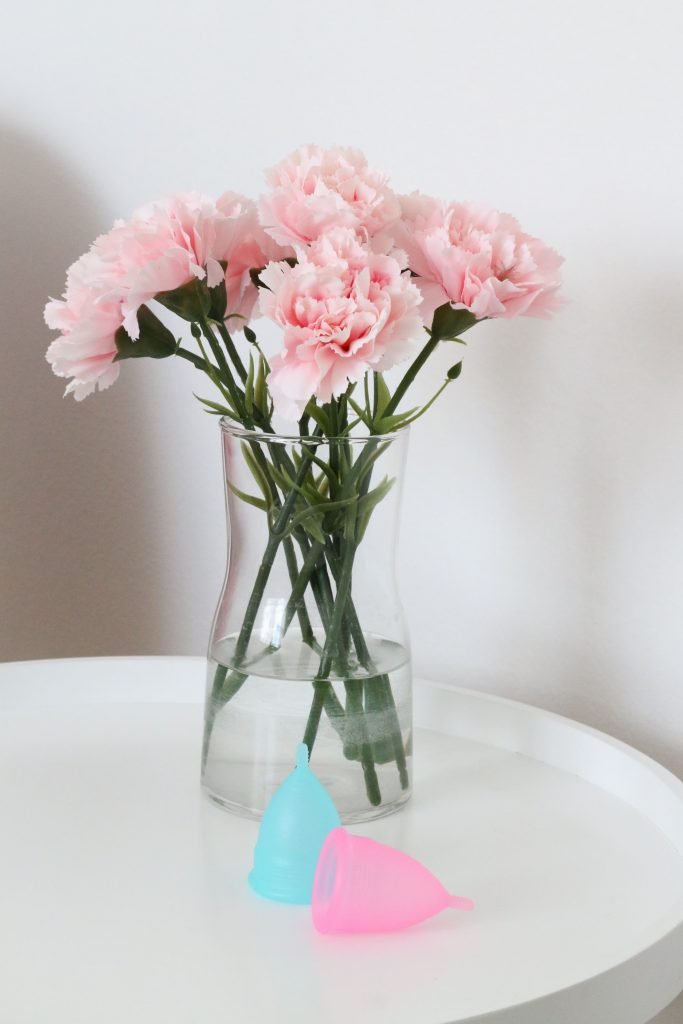
Photo by Good Soul Shop on Unsplash
The issue is not a new one nor unique to the United States of America. The United Nations declared that the inability to access menstrual hygiene products was public health, gender equality, and human rights issue globally.
Effects Of Period Poverty
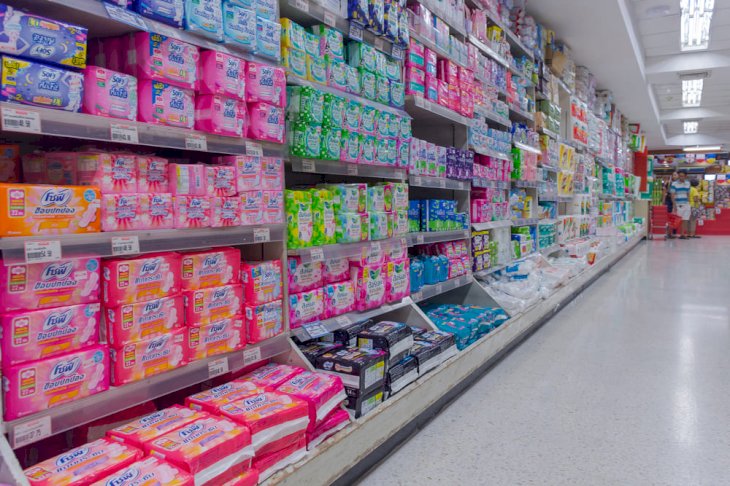
Shutterstock
“The price of poor menstrual hygiene can be devastating, even deadly. It is linked to high rates of cervical cancer in India; in developing countries, infections caused by the use of filthy, unwashed rags are rampant,” explains Time Magazine in an article.
In America, women who are homeless or incarcerated face similar risks. It has been noted that some women may even resort to trading food stamps for tampons.
The Reality Of The Crisis
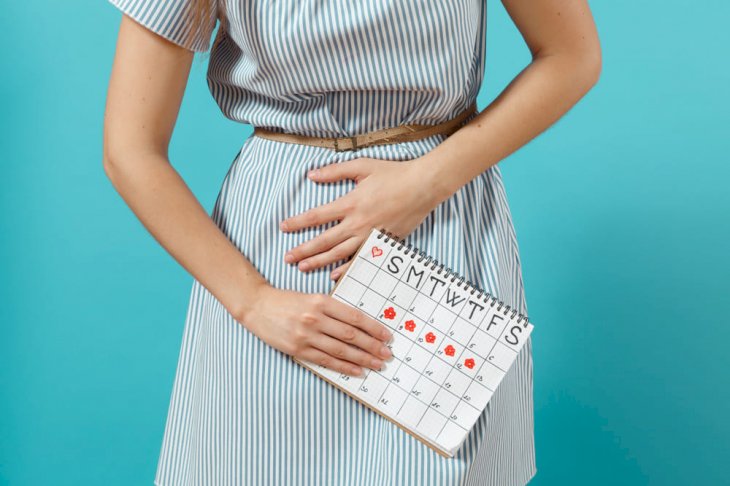
Shutterstock
Emmy Hancock, the founder of the recently launched Oluna, is a passionate advocate for change in how we view menstrual hygiene. Her company's mission is to make not only menstrual hygiene more accessible but also more sustainable.
While performing many hours of community service work in high school, Emmy noticed a shocking pattern unfolding. During our interview, she opened up about her experience, saying:
“What I realized is that the most requested items were period products. And it’s probably because it’s the least sexy item to donate and the least talked about.”
Stigma & Lack Of Awareness
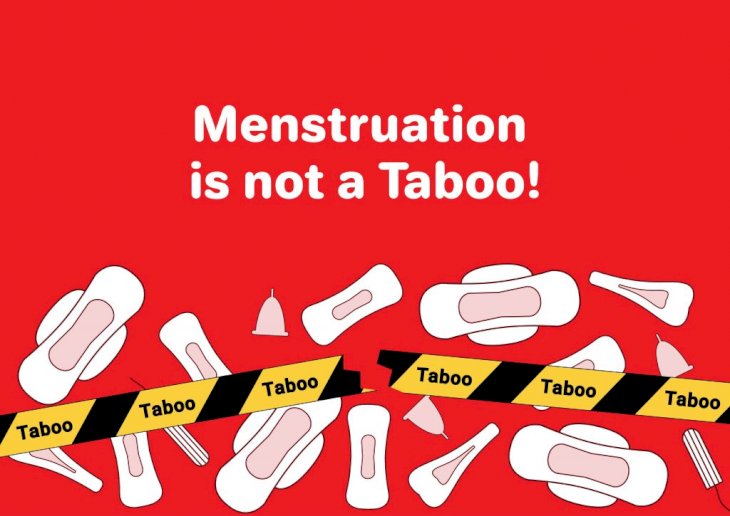
Shutterstock
During her mission, she realized that several factors cause the inaccessibility of menstrual hygiene items. However, Emmy believes that the most significant factor stopping progress is stigma.
“When an issue is stigmatized, those who need help are uncomfortable to ask, and those who have the means to help are unaware of the problem. As I read into the issue, I was so surprised to notice there are not many resources or information available on it. Not that many people are talking about it,”
explained Emmy to WomanlyLive in 2020.
The Concept Of Period Poverty
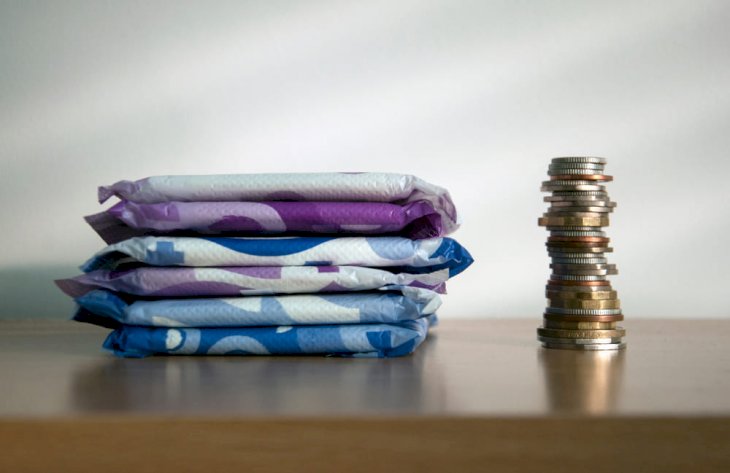
Shutterstock
The media originally spotlighted the concept of period poverty in 2015. As a result, the year was dubbed “the year of the period.”
Unfortunately, as quickly as the conversation started, it appeared to fade away. Yet, Emmy’s experiences during her community service are far from unique.
"Just last week, we had a woman come in, and she was in tears, and she was wrapped in a blanket from the waist down. And I'm sure if she had not been able to come to us, she would have probably had to go to the bathroom and create something to staunch her flow until she could get the supplies she needed,"
said Alicia Horton, executive director of Thrive DC to CBS News in 2019.
Causes of Period Poverty
From the high prices and taxation of period products in the USA to the lack of representation in policies about menstrual hygiene products, there are many causes of period poverty. This idea is solidified because public benefits like food stamps and Flexible Spending Account (FSA) allowances do not include allowances for tampons or pads.
Furthermore, these essential products are not covered by health insurance or Medicaid. Nor are they regularly offered for free in public restrooms even though most women need them regularly.
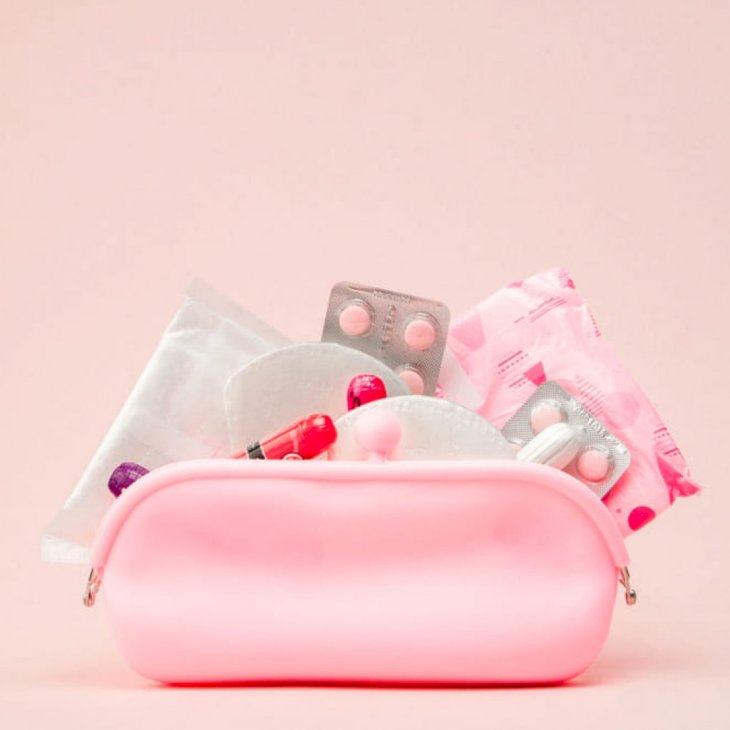
Shutterstock
This, in turn, forces those who are underprivileged to choose between their basic needs. When faced with deciding to feed their families or buy sanitary products, many opt to put their families first.
Adding to the problem is the high price of the products and the stigma surrounding periods that often prevents people from donating these items to shelters. Thus many shelters are also unable to help underprivileged women with these needs.
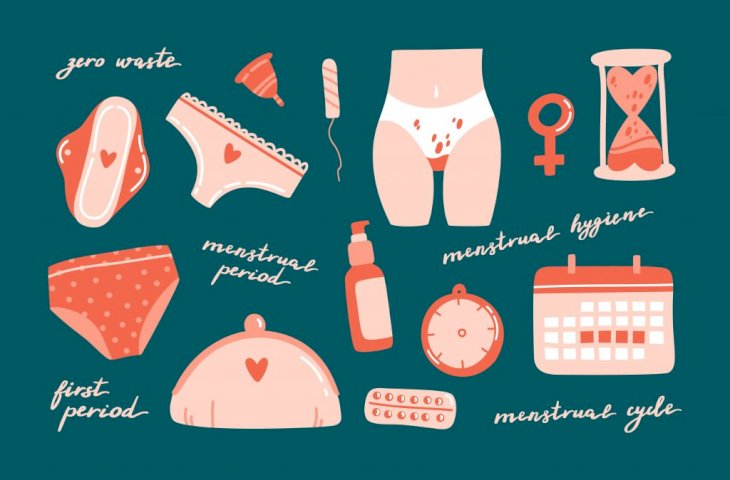
Shutterstock
It is important to note that period poverty does not only affect women living in poverty. It also affects those who are incarcerated are also disadvantaged as period products are not provided as a necessity in jails or prisons.
A considerable number of American schoolchildren are also directly influenced. According to The Always Confidence and Puberty Wave VI Survey, nearly one in five American girls leave school early or missed school entirely due to the lack of access to period products.
Small Changes That Could Make Big Differences
To push for significant changes, we need to start small. Simple things like companies offering pads or tampons in restrooms and schools introducing tampon dispensers in school toilets make a huge difference.
While equal representation may seem like a far-fetched dream, effectively educating the next generation of males could be a crucial step to take. It will ensure that well-educated men can formulate future policies that reflect an understanding of female anatomy and health needs.
Another change that we can make now is to change the narrative. Boys should be taught about menstruation and the technicalities around it.
“Schools tend to separate boys and girls during the initial conversation about periods. And when you separate boys and girls, it creates a culture of secrecy, and girls at an early age have this shame about their periods. It also means many men do not fully understand how menstruation and menstrual hygiene products work.”
said Emmy during our interview.
Current Aims
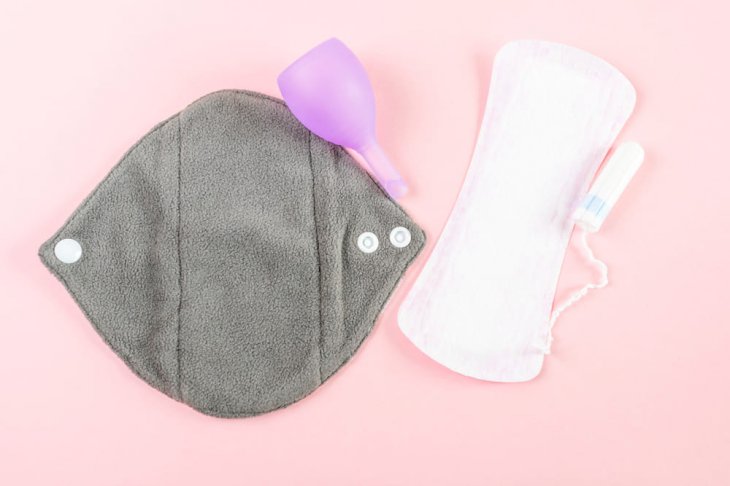
Shutterstock
The desperation to afford decent menstrual hygiene items lead people to drastic measures, including DIY or trading food stamps. The ordeal is dehumanizing and strips them of their dignity.
Emmy refuses to allow more women to feel the indignity of struggling through a period without proper sanitation. She has created her company with the sole purpose of changing the way menstruation and menstrual hygiene is viewed in the USA.
“Everyone deserves dignity” is the tagline of Oluna. The company promises that they will donate a year's supply of period products to an American in need for every pair of pants sold.
Aside from their current endeavor, the company also plans to introduce more cost-effective and environmentally friendly menstrual hygiene products such as period cups in the future. The ultimate aim is to raise awareness and solidarity to help those directly suffering due to the inaccessibility of menstrual hygiene products.
Emmy Hancock is the founder of Oluna - a social impact fashion company. Before Oluna, she worked various corporate jobs in New York City, including being the Investor Relations Associate at Brickman, a New York City-based private equity real estate firm. She holds a B.A. from the University of Pennsylvania in Criminology and Film & Media Studies. The Texas-born entrepreneur is either working hard to achieve her goals or walking her dogs, painting and watching movies.